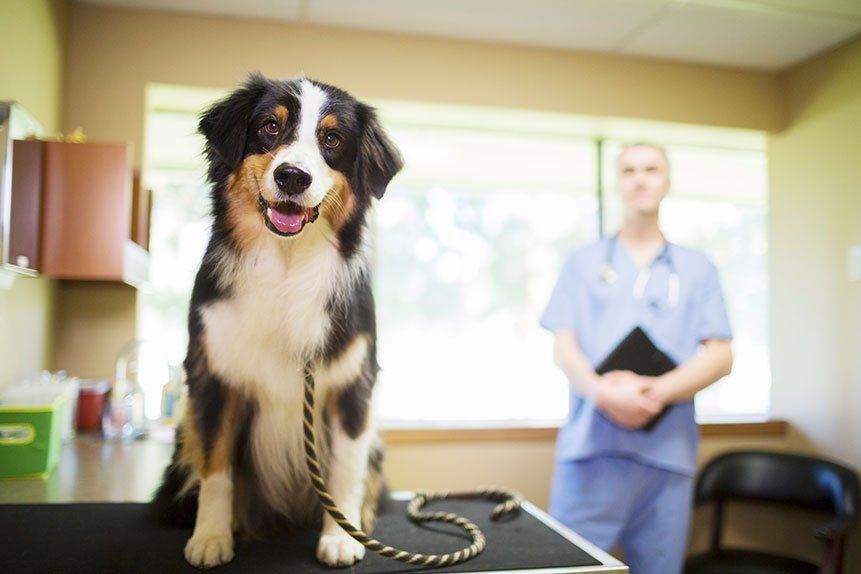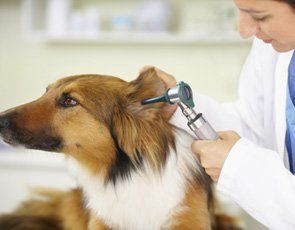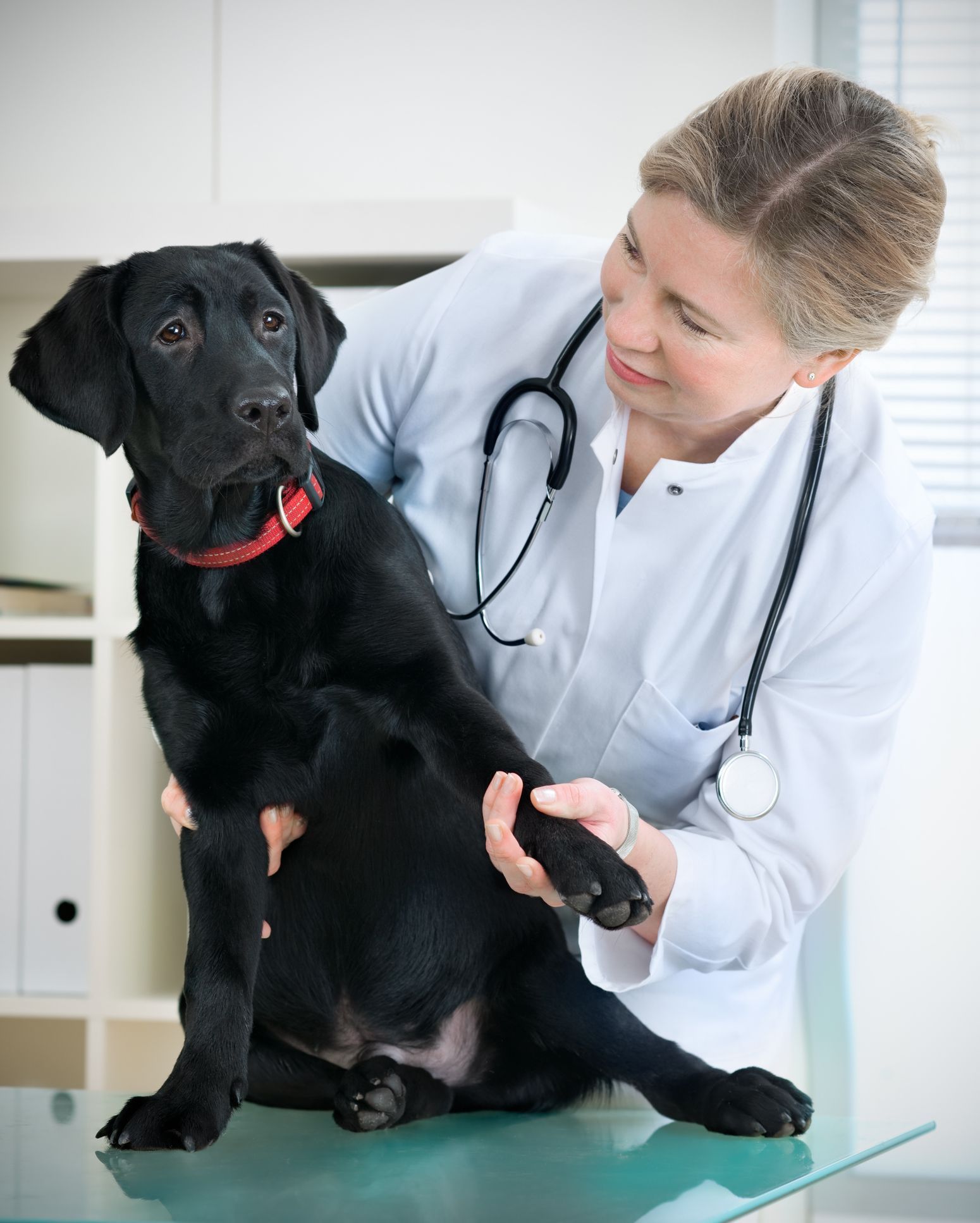
Canine parvovirus (or just parvo) is an extremely contagious disease that any dog can get, but puppies in particular are most susceptible due to their young immune systems. The illness is gastrointestinal in nature and can be fatal if not treated early in your young dog. Canine parvovirus is spread by infected dogs who come in contact with healthy dogs or if a person handles infected feces and goes around a healthy dog. Vaccinations to prevent canine parvovirus infection begin at less than two months of age and are given in a series of shots until a puppy reaches around four months old. If your puppy is exposed to canine parvovirus in any way, they can become infected and will quickly become ill, especially if your dog has not received their full series of vaccinations for the virus. The following are signs your puppy has parvo. If any of these signs apply to your young pup, take them to the vet right away for diagnosis and treatment. Parvo can be fatal if not treated within 48 to 72 hours.

If you're a cat owner, you will want your feline friend to enjoy good health and contentment for a lifetime. The first step to ensuring you pet's good health is to schedule routine wellness exams. The veterinarian will examine your cat and offer helpful advice. In addition, you can care for your furry feline companion in many different ways, including the following.

Not all pet owners know this, but dogs can develop dental problems just like people. Dog owners who are aware of the many dental problems that dogs can develop can make the effort to protect their dogs from painful, unpleasant dental conditions. This FAQ will help educate dog owners about the many problems that can develop if a dog's teeth are not cleaned regularly.

You love your dog or cat, and you only want to do what is best for them. Some pet owners avoid spay and neuter procedures because they don't want to cause their pets pain or because they've heard rumors that these procedures are unsafe. While your intentions to protect your pet are noble, they are a bit misplaced. In almost all cases, spaying or neutering your pet really is the best choice - for you, for your pet, and for the animal population as a whole. These three key facts about spaying and neutering will show you why this is the case.

No matter what you do, the fleas just seem to come back. You don't know why the fleas are coming back, just that they are. Are they being brought in from outside? Hiding somewhere in the home? The source of your flea problem might simply be that you're overlooking something important. Here are some things you might want to ensure you’re doing:

Your dog was a joy as puppy and source of fun, help, and comfort as an adult, but now that your dog is getting older, you might be wondering how you can help them make the adjustment. Dogs who have spent their whole life loving and serving your family deserve the best treatment as they age. Here are some simple things that you can change on a daily basis to assist your dog as they age with grace.

Kennel cough is a fairly common health condition among dogs and accompanied by a dry, hacking cough. Dogs with this illness may cough all day, especially if they are doing extra activity. Although it can be quite a nuisance, kennel cough is rarely life-threatening. If your dog was diagnosed with this cough, you should make him as comfortable as possible. Here are seven useful tips for caring for a dog with kennel cough.

A canine wellness exam can help your adult dog maintain optimal health. This routine examination is performed when your pet is healthy, not injured or ill. Your adult dog should have a comprehensive examination on an annual basis, or semi-annually during its senior years. You can expect your vet to examine your pet in detail, looking for abnormalities and checking vital statistics. During a wellness exam , you can help your veterinarian by informing him or her of your pet's general health and daily habits, in addition to providing medical history records. You should discuss several things with your dog's health care provider. Here are 4 important aspects you shouldn't overlook in your discussion.



















